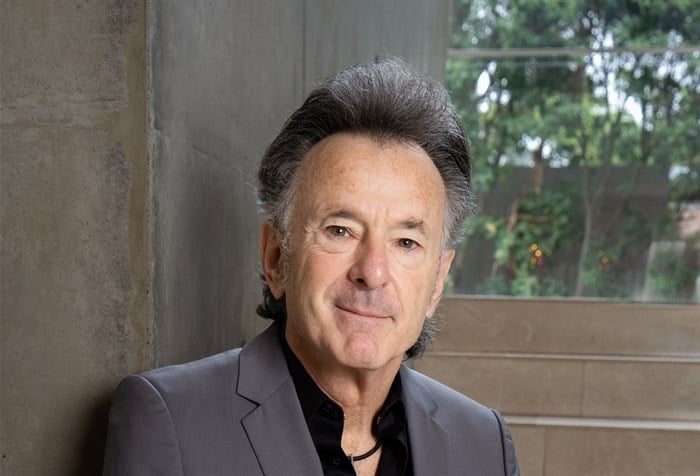
As VCs, Mitchan Adams, co-founder of Conducive Capital and I specialise in funding tech startups. We understand that the process of securing venture capital is far from the scripted drama depicted on television.
The company’s approach is grounded in what we term “the five Ts”, a comprehensive framework designed to evaluate entrepreneurs and their ventures with depth and rigour.
A successful startup needs the right team, but what does that look like?
First, it’s important to differentiate between a founder and an entrepreneur. Not every founder is an entrepreneur – if you’re a carpenter who starts a carpentry business, you don’t necessarily have the business skills required to build and grow a carpentry business.
VCs prefer more than one founder because it’s really difficult to build a business and do it by yourself.
So, if we look at the founding team, we want to see someone with strong commercial skills, the hustler, who can sell the stuff and someone with engineering skills, the hacker, someone who can build the technology and really understands it.
The technology must be innovative to the extent that it is disrupting an industry. We don’t invest in something that is only slightly better than other products in the marketplace – we’re looking for tech that is 10 times better than anything else, and which is sustainable over the long haul.
The businesses we fund don’t address the needs of niche markets, which consist of a couple of hundred or a couple of thousand customers.
We like to start out with what we call a beachhead market – which could be a smaller segment with the possibility of growing into adjacent segments and geographies with results in a large target addressable market with many thousands of customers.
Once the company dominates their beachhead market and achieves product market fit, we scale the business to new customer segments.
VCs are not angel investors where you might just have a product or service you want to offer, and you have no customers. We want to see that you have customers already; that clients absolutely love the product, they are obsessed about the product and are prepared to pay a fair market price for the product.
The second thing about traction is that because we're a growth investor, we want to see double-digit growth, month on month.
We also want to see that there’s a path to profitability, because, in the old days, it was just growth at all costs – you don't really care about the bottom line, only the top line.
Let’s assume you have a technology that’s 18 months ahead of the competition, you have a “Moat around the castle”.
This could be a feature of your technology, it could be the entire technology stack, it could also be some strategic/distribution partnerships, even certain customers whose cost to switch would be very high– in other words, it’s defensible against the competition.
But you have to recognise that the competitors will also be innovating to catch up and the startup must be able to keep innovating and stay 18 months ahead of the competition.
The top founders know their competition is cold. They don’t mock the competition, say they don’t exist, or not acknowledge their strengths. They know where they are strong, and where the others are strong.
This is a kind of bonus T – and speaks to the entrepreneurs themselves. We’re looking for entrepreneurs who just do not stop. They are coachable.
They are curious. They are good communicators. They have charisma. They've got conviction. They’ve got courage – no matter how hard it gets. They will continue going.
It's a necessity that people have gone through hard times – and have persisted anyway. It’s a vital part of the secret sauce of startup success.